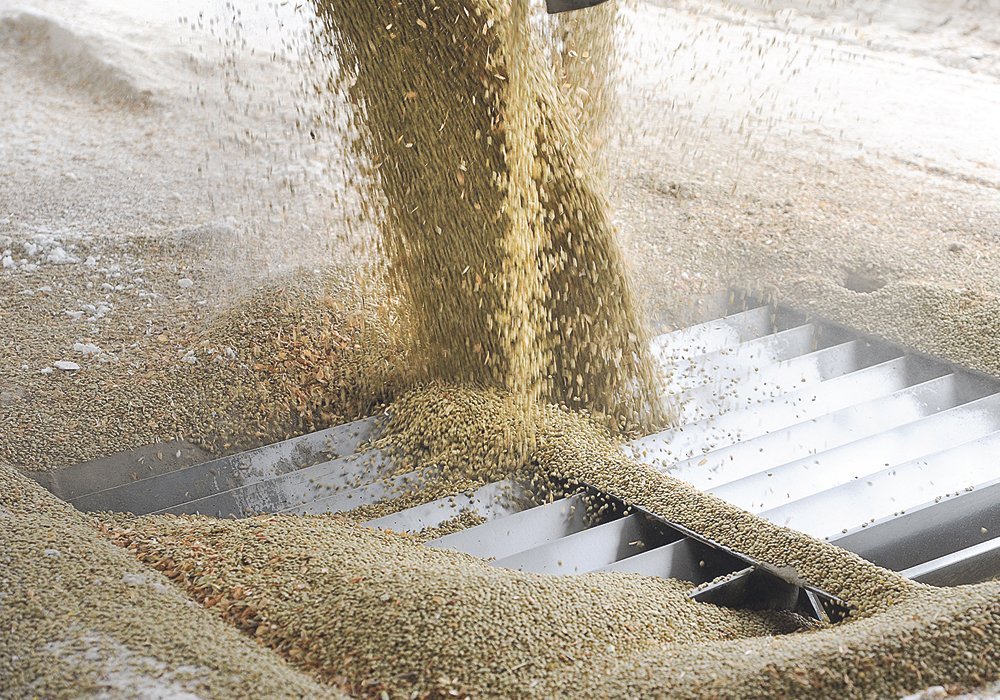Lentil prices likely to rise as India drops duty

India is dropping the base import duty on lentils effective July 27, which should bolster prices, says an analyst.
“In general, I would say it should be supportive to lentils,” said Marlene Boersch, managing partner of Mercantile Consulting Venture.
The duty had been 30 percent on Canadian lentils, so the elimination of that duty makes trade between the two countries much more feasible.
“To me, it basically signals that there is some trouble there,” she said.
“They don’t quite know how to contain their food price inflation and they will be needing more pulses.”
Stat Publishing editor Brian Clancey said there is no end date for the duty reductions, which means they will remain in place until a future policy shift.
“Markets had been expecting the change,” he said in a recent story.
“But the deteriorating crop situation in Canada and the United States has since become a more important consideration for processors and exporters.”
He noted that some exporters are forecasting a 30 to 40 percent reduction in Canadian yields this year compared to last year.
Boersch had been anticipating a duty reduction sometime this summer up until the Indian government made the surprise announcement in early July that it was restricting pulse stock limits in that country.
The government placed limits on the amount of pulses that can be held by wholesalers, retailers, millers and importers.
She said that was a puzzling move because it was stifling trade at a time of mounting food price inflation concerns.
The government said the order was designed to stop the “undesirable practice of hoarding” and get more pulses in the marketplace.
But importers argued the policy would have the opposite impact by increasing the risks associated with bringing in foreign pulses. Importers will now be penalized or have their supplies confiscated if they can’t move the imported product within 45 days.
“Obviously, (the stock limits) didn’t quite have the impact (the government) desired,” said Boersch.
“So they’re changing tack again. It’s not a well-co-ordinated strategy.”
She noted that North America is going to have a short crop and there are all sorts of transportation problems related to a shortage of shipping containers in addition to the complications caused by India’s stock limit policy.
“From an execution point of view, I’m not quite sure how you would handle this. It makes a difficult market (more) confusing,” said Boersch.
India was Canada’s top lentil market in 2020, importing 999,194 tonnes of the crop, nearly double the next biggest market.
sean.pratt@producer.com
Source: www.producer.com

